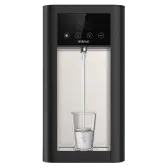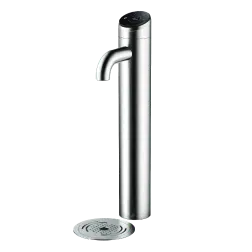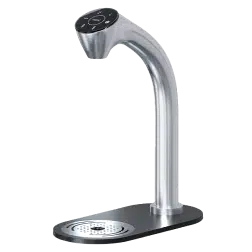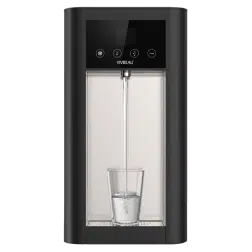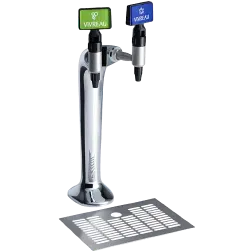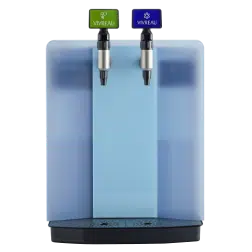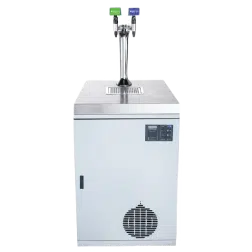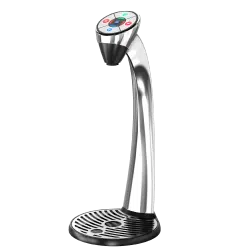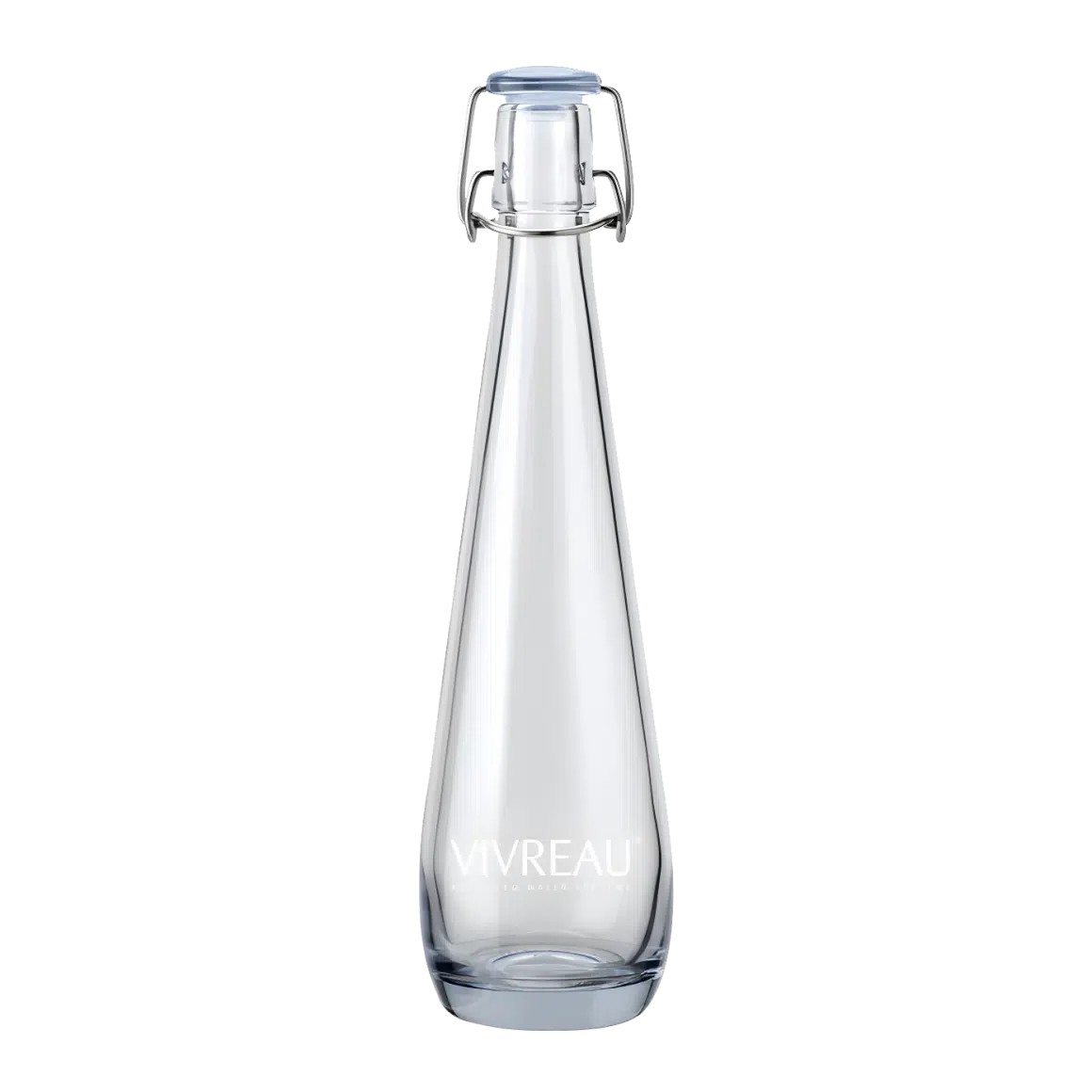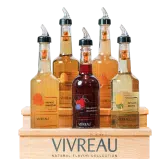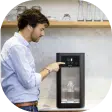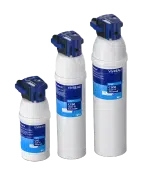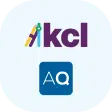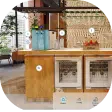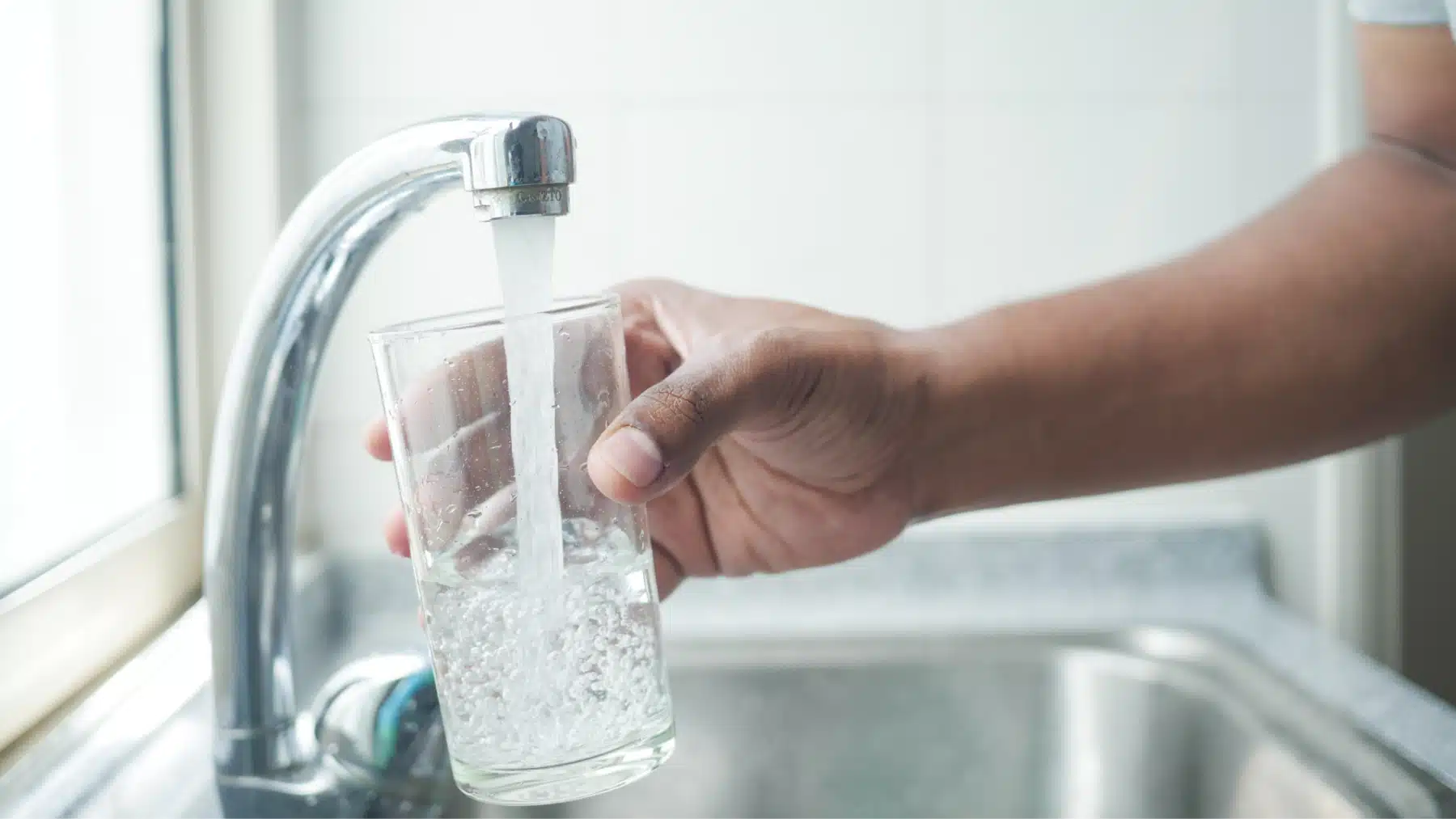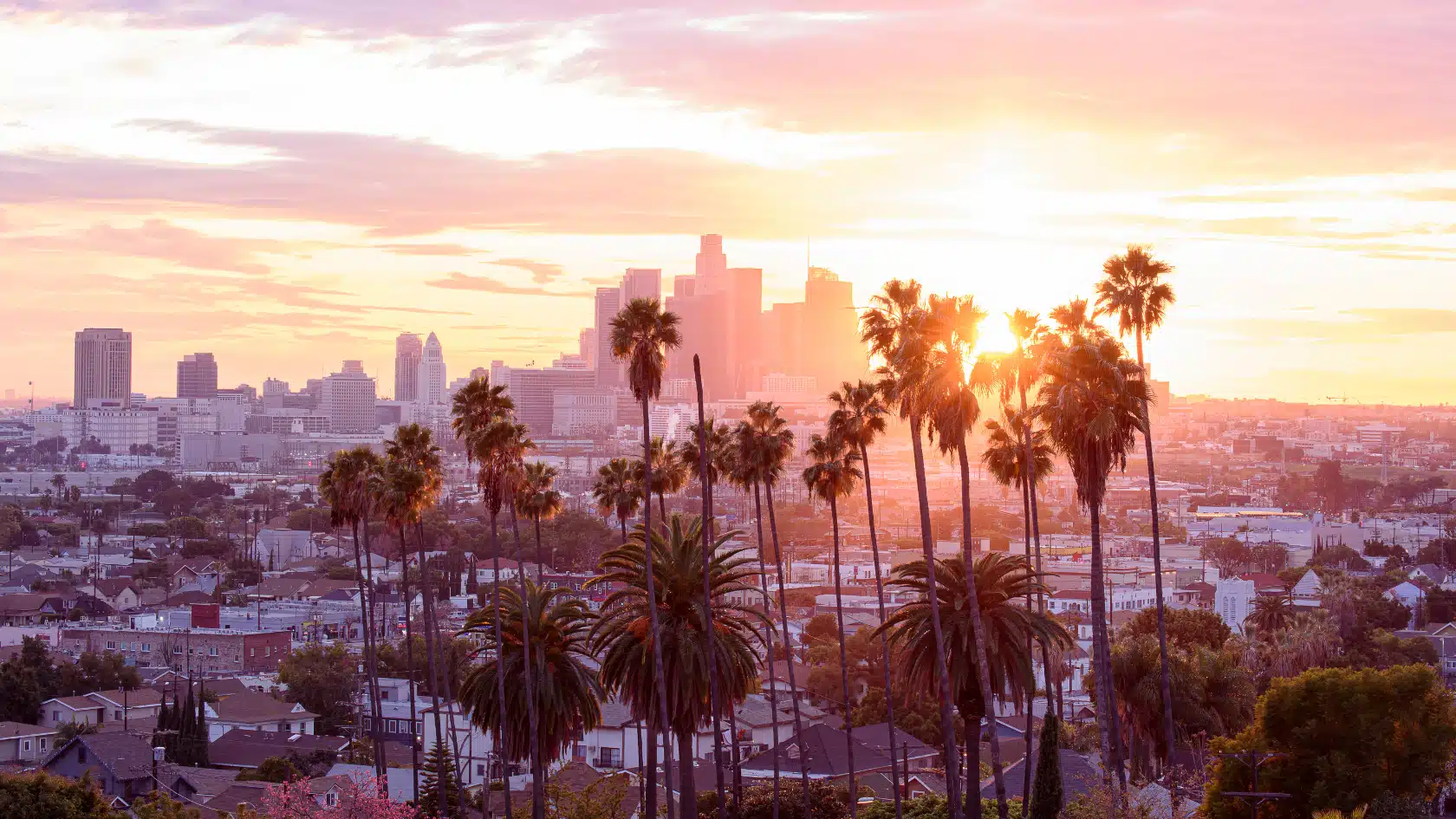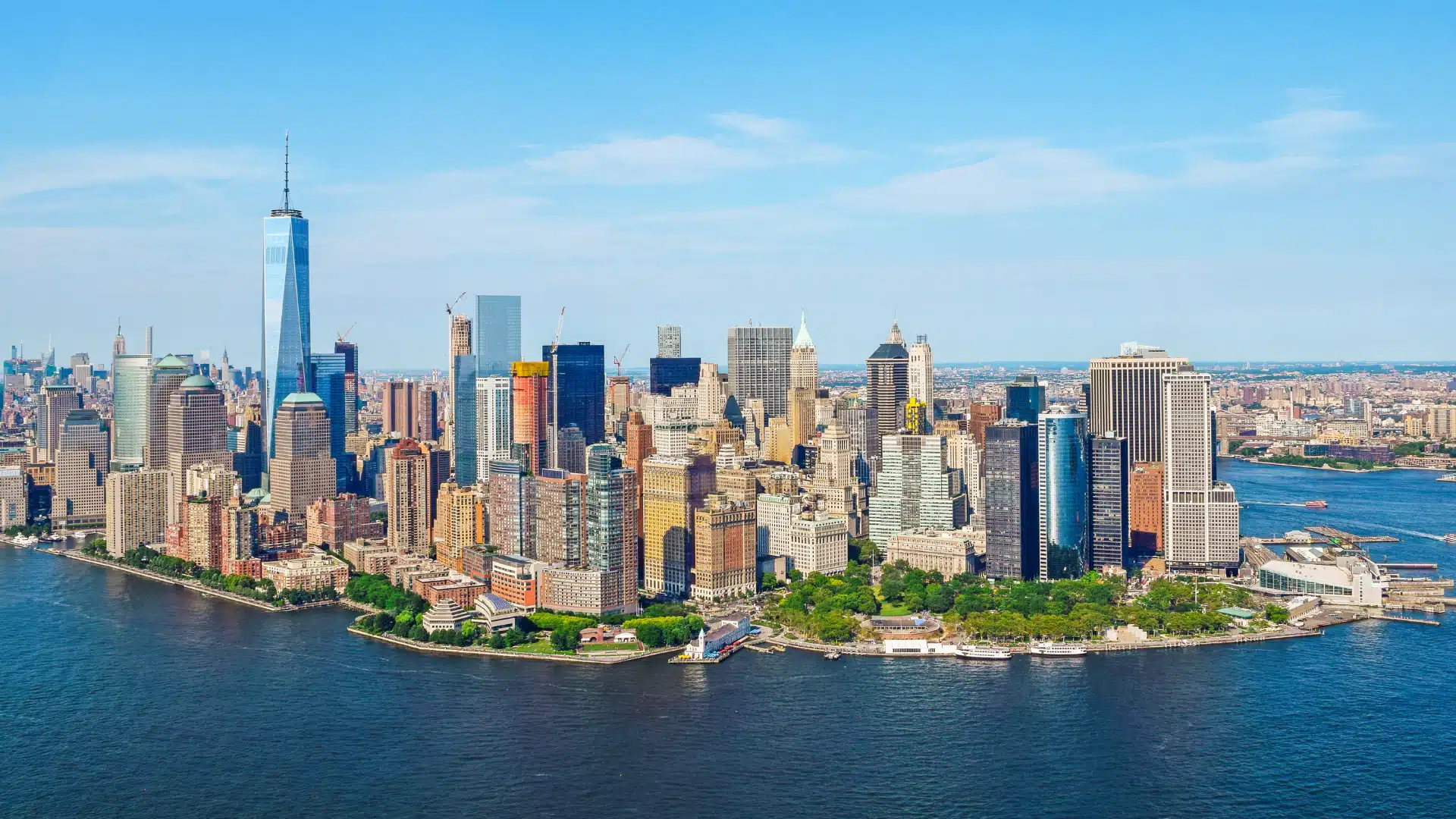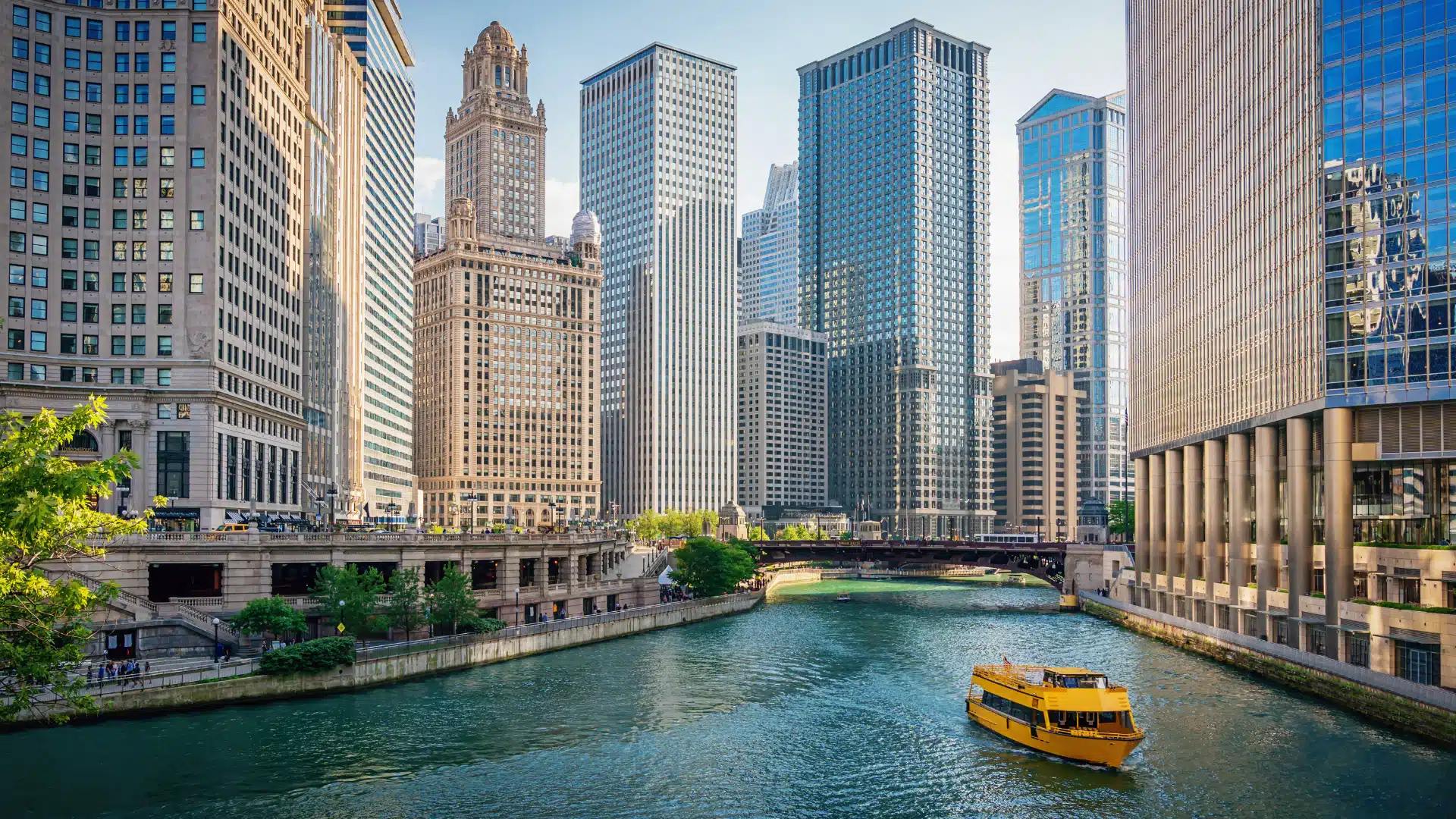Tap water in US cities: LA, NY, Chicago,
and Dallas
Is tap water safe to drink in the U.S.? Knowing the source of your tap
water is essential for making informed decisions about your daily
hydration
Understanding the quality of tap water in major U.S. cities is essential for residents concerned about health, taste, and environmental factors. In our final Episode of “Beyond the tap” in 2024, Anastasia Chovan, our water sommelier will guide you through the different sources of your tap water in Los Angeles, New York City, Chicago, and Dallas, providing insights into treatment processes and potential concerns associated with tap water in these metropolitan areas.
Videography by Threshold Studios
The Source of Water
The source of water is a primary determinant of its quality. Each city draws its water from unique
sources, influencing the treatment methods and potential contaminants present in the water supply.
Can you drink tap water in LA?
In California, where water is a precious resource, ensuring clean and safe tap water is crucial, especially given the state’s size and drought risk. However, the safety of tap water remains a concern, particularly in Southern California.
The water quality in LA varies significantly depending on the location, as different areas receive water from various sources, including surface and groundwater. Each community water system in the region treats water differently, resulting in disparities in contaminants. A significant concern is with the potential use of chloramine as a disinfectant used during the drought season. Most of the tap water in Los Angeles is actually imported from outside of the county from reservoirs in Northern California and the Colorado River. Colorado River sounds promising, but transportation remains a risk factor. Despite being banned in the 1980s, lead may still be present in older homes and water systems, posing health risks.Given these risks, many residents use water filters for added safety and quality.
Is New York Tap water safe to drink?
NYC – Champagne of tap waters
Most of NYC’s tap water comes from the Catskill Mountains and the Hudson Valley, with a smaller portion sourced from the Croton system. This setup is remarkable because NYC operates the largest unfiltered water system in the U.S. Instead of using traditional filtration at distribution centers, the water is naturally filtered through soil, wetlands, and forests on its way to the city. This natural process helps maintain its high quality.
However, even top-notch water systems have their challenges. During the warmer months, NYC adds chlorine to the water to prevent the growth of microorganisms. While the levels of chlorine used are safe and well-regulated, it’s added as a precaution to ensure the water remains clean and healthy.
In Brooklyn, the tap water is legally safe and considered among the best in the nation. Yet, due to the long journey from the reservoir to the tap, and the aging pipe system in some areas, there can be occasional issues. Specifically, the potential for disinfection chemicals to mix with organic compounds in the old pipes could present minor health risks.
Overall, New York City’s tap water is of high quality, but it’s good to be aware of the factors that can affect it as it travels from its pristine sources to your glass.
Where is Chicago’s tap water from?
The City of Chicago utilizes Lake Michigan as its source water via two water treatment plants. The Jardine Water Purification Plant serves the northern areas of the City and suburbs, while the Sawyer Water Purification Plant serves the southern areas of the City and suburbs. Lake Michigan is the only Great Lake that is entirely contained within the United States. It borders Illinois, Indiana, Michigan, and Wisconsin, and is the second largest Great lake by volume.
Water from Lake Michigan enters the purification system through cribs located about 2 miles off the shore. It travels through tunnels approximately 200 feet beneath the lakebed to one of two main purification plants. At these plants, the water undergoes thorough treatment to remove impurities.
Going back to the source of water, it includes rivers, lakes, streams, ponds, reservoirs, springs, and wells. As water travels over the surface of the land or through the ground, it can dissolve naturally occurring minerals and pick up substances resulting from agricultural activities.
How is the quality of Dallas’s tap water?
Dallas relies solely on surface water from reservoirs and does not use groundwater. By the time drinking water reaches your tap, it has undergone multiple stages of treatment and monitoring, ensuring it is safe for consumption. Dallas source water is high mineral content as it comes from several lakes. It uses chloramine to treat microbes and algae blooms that occur in the hotter months.
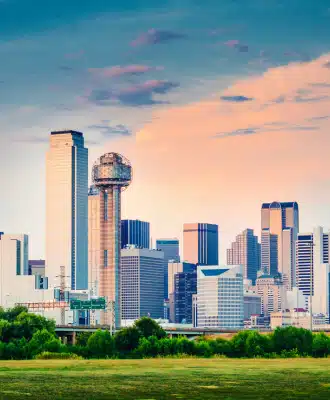
While Texas tap water meets legal safety standards, there are significant concerns about the state’s aging water infrastructure. The old pipes result in billions of gallons of water loss annually. Additionally, Texas issues nearly eight boil water notices each day, highlighting ongoing challenges with water quality and safety.
Is Tap Water Safe to Drink in the US?
Tap water quality in Los Angeles, New York City, Chicago, and Dallas varies based on the source, treatment methods, and local environmental factors. Understanding the nuances of local water supply and treatment can empower us to make informed decisions about our daily water consumption, ensuring both safety and satisfaction in the daily hydration.
In general, tap water in the US is considered safe to drink. However, using a water filter can provide an extra layer of assurance. This simple step can help you feel more confident about the water you’re consuming while exploring different cities. Not to forget the elevated tasting experience – you probably don’t want to drink water that tastes like a pool next to your NY Strip Steak or Texas BBQ.
Special Thanks
We had the great opportunity to film again at the brand new La Marzocco showroom located at 31 East 5th Ave in Mount Pleasant, in partnership with Stealth Coffee. This space is a center for learning, innovation, and community connection. It embodies a unique blend of Italian craftmanship and combines the perfect elements for our Beyond the tap series.
We would love to get your feedback
We encourage you to share your experience with us! Whether you discovered a newfound appreciation for your filtered tap water, or you were surprised by the taste of your bottled water, we can’t want to hear about it. Leave us your feedback below or talk to our water sommelier, Anastasia Chovan directly: achovan@vivreau.com
